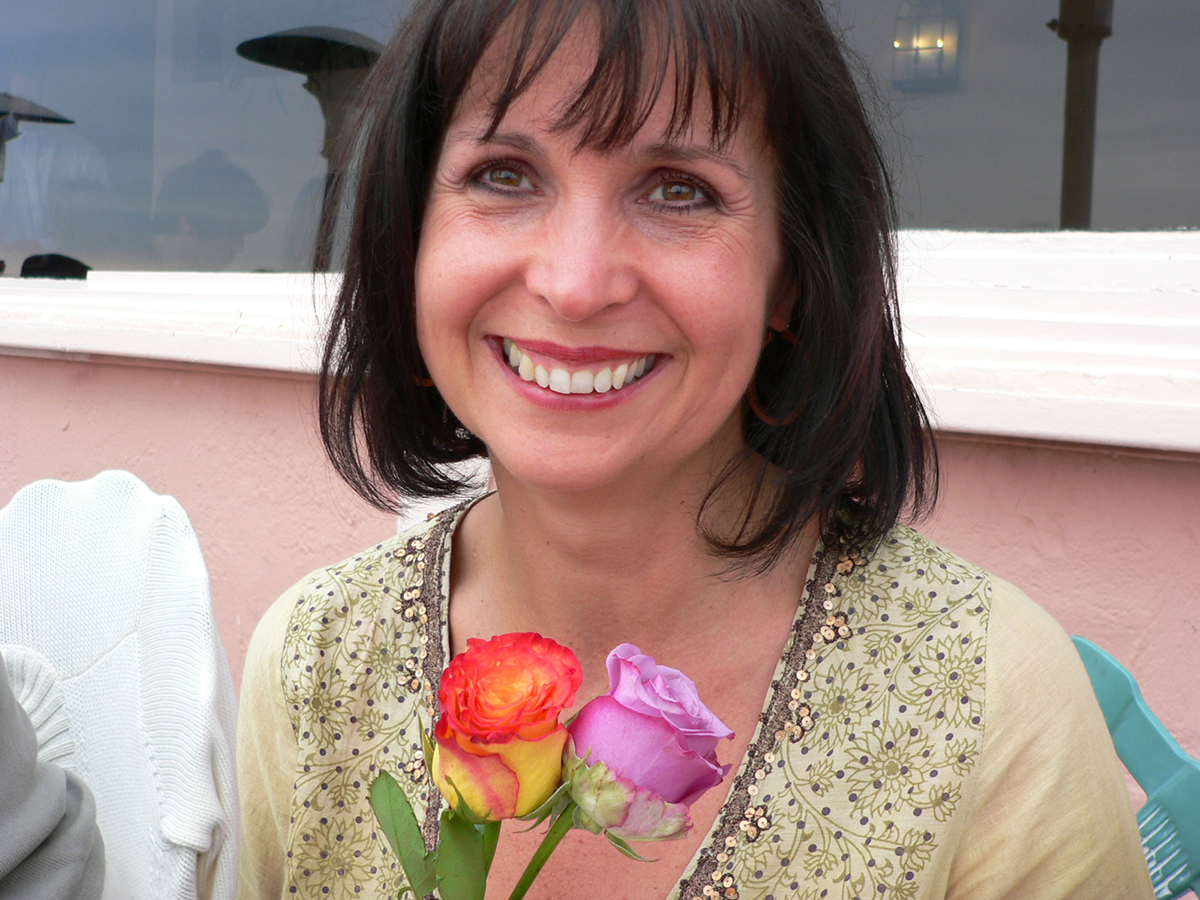Vivien encouraged me to send this out to everyone, as a newsletter. She says it is the clearest explanation of spirit vs. material she has ever read. If you find it too challenging, blame her! Haha!

Well, why not? We are timeless beings, because we are non-material. Let’s be clear about this. The space-time continuum, or the physical universe, is loaded with matter, energy, space and time. But non-material means NO matter, NO energy, NO space and NO time.
No time? That means we are immortal, we live forever, we cannot simply die or vanish. So if you believe in spirit, you’d better pay attention, because this is what spirit means!
In biology—our physical bodies—we talk about living three or four score years and ten, or more. Latterly there has been an interest in living through the one hundred and twenty years to one hundred and fifty years zone.
According to Leonard Hayflick, we are supposed to get around fifty cell divisions before we die (he’s wrong). But even if he were correct, with careful health management, fifty cell divisions could mean we would live three hundred years on average.
Now the thing about averages is this: some people will die young, say 100 years. That means others will live far more than three hundred years… maybe five or six hundred years. So stories about Methuselah might have some foundation in fact.
But all this is biology; the creature; your present identity. It has nothing to do with the adventure of YOU, the great being who is—by definition—immortal!
This is not being unctuous (nice word, bad meaning!) It’s straight out of science and math. We know what the properties of the physical universe are so, by reversing those, we can grasp the meaning of spirit.
What we are talking about really is STILLNESS. The whole physical universe is built up of motion: energy is moving particles in space; matter is particles moving DUE TO energy; space is where it all happens and time is the measure of it all.
So non-materiality means no motion… stillness, as I said. And isn’t that the kind of language we hear from those who have returned from an incredible, deep spiritual experience or engagement.
People who come close to core self have remarkably similar wording for their experience. Actually, most say it is impossible to put into words. But those who try tell us about the vast, oceanic feeling; a stillness; absolute calm; a loss of sense of time and space; a connectivity with all things; and what may be called a “beautiful sadness”—not really sadness but a beauty and serenity so amazing that it must surely end and it already has an in-built sense of deprivation when it’s gone
Peak Experiences
The term “peak-experience” was introduced by American psychologist Abraham H. Maslow (1908–1970) in his wonderful book Towards a Psychology Of Being. It refers to that state of ecstatic, oceanic transpersonal unity. At such times, individuals feel detached from the everyday and ordinary and connected instead to an integrated universe. At such moments individuals report becoming selfless or indeed “egoless” (beyond self). Moreover, their sense of time and location is often greatly distorted. Maslow argues that during peak experiences people become more truly themselves. Abraham Maslow, famous for his Hierarchy of Needs
Abraham Maslow, famous for his Hierarchy of Needs
In a religious context, peak experiences are often considered to be mystical or divine in origin. Maslow agreed with William James, John Dewey, and Erich Fromm that religion is not a single “social institution” or set of specific practices (like a church, temple or set of rules); rather, it is a “state of mind” that may be manifest in any aspect of everyday life.
Indeed, Maslow explicitly divides religion into two types: the mystical, engaged and intense “peakers”, like St Teresa de Avila or Hildegard of Bingen, and the doctrinal, ritualized “non-peakers”, like the Calvinists or the Bible bashers of southern USA (my examples, not Maslow’s). For Maslow, the peak experience is the model of the religious revelation and the conversion experience, which in many religious narratives takes place under the most ordinary, everyday conditions: St Paul on the road to Damascus sort of thing.
It could be that the mystical state so desirable in Zen Buddhism called satori is also a type of peak experience.
As Maslow poetically observed in Religions, Values, And Peak-Experiences, (1964) “The great lesson from the true mystics {is that} the sacred is in the ordinary, that it is to be found in one’s daily life, in one’s neighbors, friends, and family, in one’s backyard.”
Myself I have “peaked” while regressing far into my world path, many lifetimes ago and other universes. At such times I have watched the physical literally dissolve and been able to see through walls, and even see through the person in front of me! The physical, after all, is a mere illusion, as advanced science tells us. It’s no big thing to be able to look beyond that, into the Void of non-material Being and experience!
What all “peakers” (I don’t like Maslow’s term) agree is that it is a life-changing event, a new way of thinking, when one sees deeply into “The Beyond”.
Complementary to the peak experience is the “plateau-experience,” a notion Maslow developed at the end of his career. It is close to what we call “shift” in Supernoetics®. Whereas the peak experience is often an ecstatic overflow of the senses, the plateau experience is a calm, reflective moment of serenity during which the individual is able both to feel and to think about his or her situation. Unlike peak experiences, plateau experiences may be cultivated.
Shift, in turn, is the natural consequence of what we call “piloting” or guided psychic travel, in my Punk Psychology®.
You Can Try For Yourself
Forget the candles, the incense and the creepy music!
My favorite way of entering The Beyond is by closing my eyes and making myself mindful that I am NOT inside my skull. I am instantly aware that my “being” has no edges. It is infinite. It is not defined by my anatomy, my surroundings, or current time or current space.
Indeed, my first act to shift out into the great Void is to reach out through space with my self, meaning my sense of Being becomes more and more extensive. It is a fundamental of my Supernoetics® that space is being. The more space you can occupy, the greater your being!
You don’t have to be King Herod, Peter The Great or president of the USA, to command a lot of space. That’s the wrong kind of space. I mean infinite spiritual space. Go out into the Cosmos and romp!
You’ll soon lose your anatomical boundaries—and that alone is exciting! We are conditioned to think of ourselves as our “creature”, the animal aspect of self. As soon as you begin to FEEL (not just think) that you are bigger than your head and body, you are developing a real sense of self. An attuned and meaningful Being.
Next thing you know, you’ll start having psychic experiences—telepathy, intuition, prescience and the like. You can start linking up with a like-minded friend and seeing if you can connect. That’s usually heralded by intuitive moments, when you just know the other is about to telephone you, or what he or she was doing… and feeling.
It’s rather fun and, of course, important, because it is part of the greater meaning of what it is to BE!
Good luck
Prof. Keith Scott-Mumby
The Official Alternative Doctor
PS If you like reading this sort of thing, I do LOTS of it. I encourage you to join us in the “Scriptures in The Making” project. Sign up here for a weekly series of suggestions.




